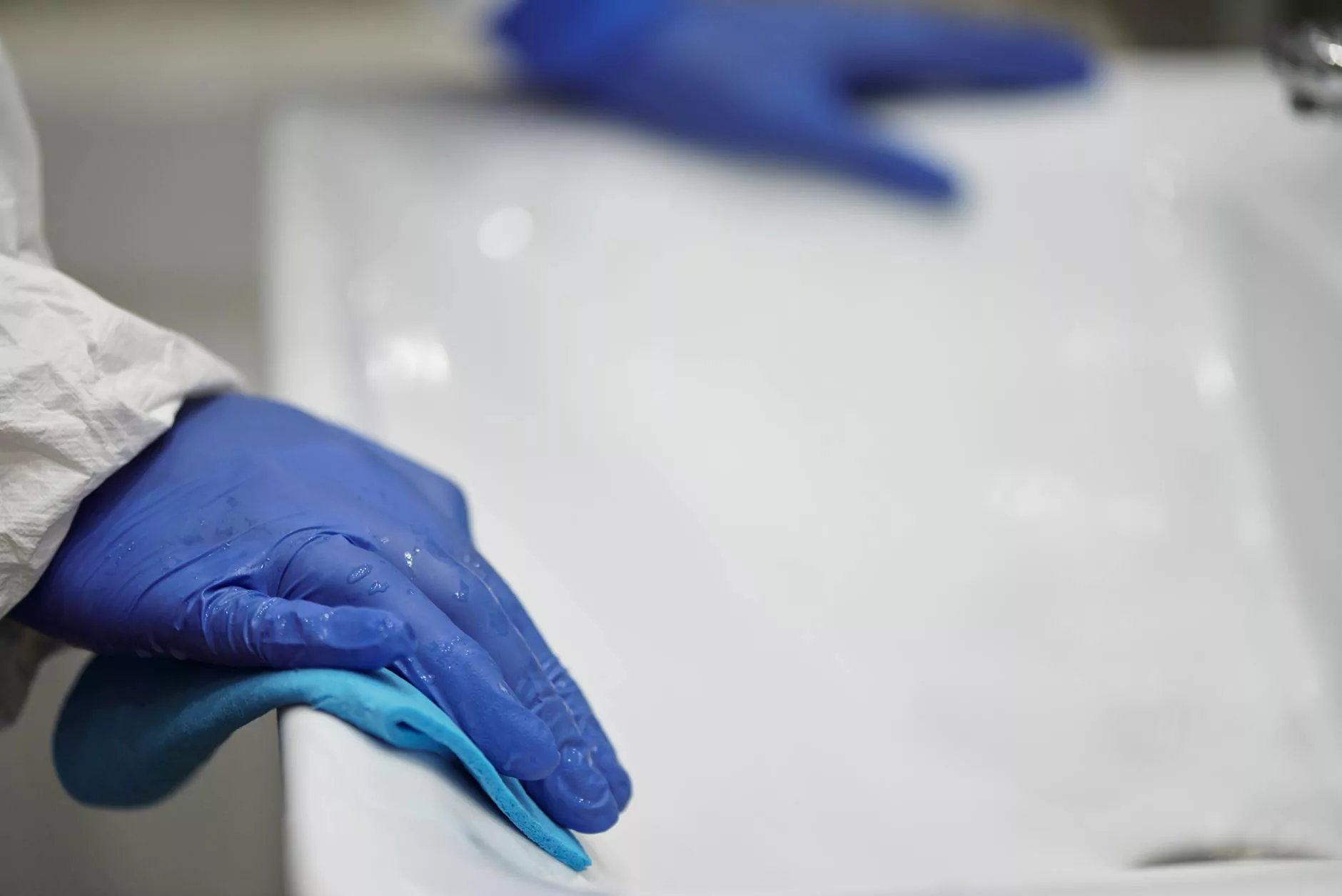Electric Plastic Molding: Revolutionizing Manufacturing in the Metal Fabrication Industry

In today’s rapidly evolving manufacturing landscape, Electric Plastic Molding has emerged as a groundbreaking innovation, particularly in the domain of metal fabricators. This article delves into the intricate workings of electric plastic molding, its myriad advantages, and its profound impact on the metal fabrication industry. By understanding this technology, businesses can enhance their production processes, reduce costs, and improve overall efficiency.
Understanding Electric Plastic Molding
Electric Plastic Molding is an advanced manufacturing process that utilizes electric power to drive the machinery that shapes plastic materials into various forms. This method stands in contrast to traditional hydraulic molding techniques, offering several distinct advantages.
The Mechanics of Electric Plastic Molding
At its core, electric plastic molding involves the use of an electric motor to move the injection unit and the clamping unit of the molding machine. The process begins with the plastic material being heated until it reaches a molten state. Subsequently, this material is injected into a mold under high pressure. Once cooled and solidified, the finished product is ejected.
The Benefits of Electric Plastic Molding
- Increased Energy Efficiency: Electric molding machines consume less power compared to their hydraulic counterparts, leading to significant cost savings.
- Enhanced Precision: The use of electric motors allows for superior control over injection speeds and pressures, which translates into higher-quality parts.
- Reduced Maintenance Costs: With fewer mechanical components and no hydraulic oil to manage, electric machines typically require less maintenance.
- Consistency and Reliability: Electric molding offers consistent operating conditions, which reduces variability in the manufacturing process.
Applications of Electric Plastic Molding in Metal Fabrication
The versatility of electric plastic molding makes it suitable for a wide array of applications within the metal fabrication sector. This process is particularly valuable for producing complex geometries and intricate designs that require high precision.
Common Uses in Metal Fabricators
Some of the key applications of electric plastic molding in the realm of metal fabricators include:
- Automotive Components: With the automotive industry constantly pushing for lightweight yet durable materials, electric plastic molding provides an ideal solution for manufacturing various parts like dashboards, panels, and even intricate switchgear.
- Consumer Electronics: The precision offered by electric molding is particularly beneficial in the production of components in the consumer electronics sector, such as casings and connectors.
- Medical Devices: The medical industry demands high levels of cleanliness and precision, both of which are achievable through electric plastic molding techniques for items like syringes and medical housings.
- Packaging Solutions: The packaging industry utilizes electric plastic molding for the production of custom containers, caps, and dispensers that require both functionality and aesthetic appeal.
The Future of Electric Plastic Molding
The future of manufacturing is inherently tied to advancements in technology, and Electric Plastic Molding is at the forefront of this evolution. As industries continuously seek to optimize productivity and sustainability, electric molding machines are likely to gain even more traction. Here are some anticipated trends:
1. Integration with Industry 4.0
The adoption of smart manufacturing principles, where operational data is collected and analyzed in real time, will enhance the efficiency of electric plastic molding processes. Machine learning and AI will contribute to predictive maintenance and production planning, minimizing downtime and maximizing output.
2. Sustainability Practices
As environmental concerns grow, manufacturers are looking for ways to reduce their carbon footprint. Electric plastic molding supports this initiative through lower energy consumption and the ability to use recycled materials without compromising quality.
3. Customization and Innovation
The demand for personalized products is on the rise. Electric plastic molding allows for rapid prototyping and customization, enabling metal fabricators to meet unique customer requirements efficiently.
Challenges in Electric Plastic Molding
Despite its many advantages, electric plastic molding is not without its challenges. Understanding these can help businesses strategize effectively:
Technical Skill Requirements
The complexity of electric molding machines requires a skilled workforce familiar with both the technology and the materials used. Ongoing training and education are essential to maintain operational efficiency.
Initial Investment Costs
While the long-term savings on energy and maintenance are substantial, the initial investment in electric plastic molding machinery can be significant. Businesses should evaluate their needs and consider financing options to mitigate upfront costs.
Material Limitations
Not all materials are compatible with electric plastic molding processes. Manufacturers need to ensure that they select appropriate materials that can endure the process without defects.
Conclusion
Electric Plastic Molding represents a leap forward in the manufacturing processes employed by metal fabricators around the globe. Its blend of efficiency, precision, and sustainability makes it a pivotal component of modern manufacturing. As industries aim for enhanced productivity and reduced environmental impact, the advantages of electric molding will only continue to grow.
By staying informed and adapting to these advancements, businesses like DeepMould.net can position themselves at the cutting edge of the molding industry, ready to take advantage of the opportunities that this technology presents.
Learn More
For more information on how Electric Plastic Molding can benefit your business, or to explore our services in-depth, visit Deep Mould. Let us help you navigate the future of metal fabrication with innovative solutions tailored to your needs.









